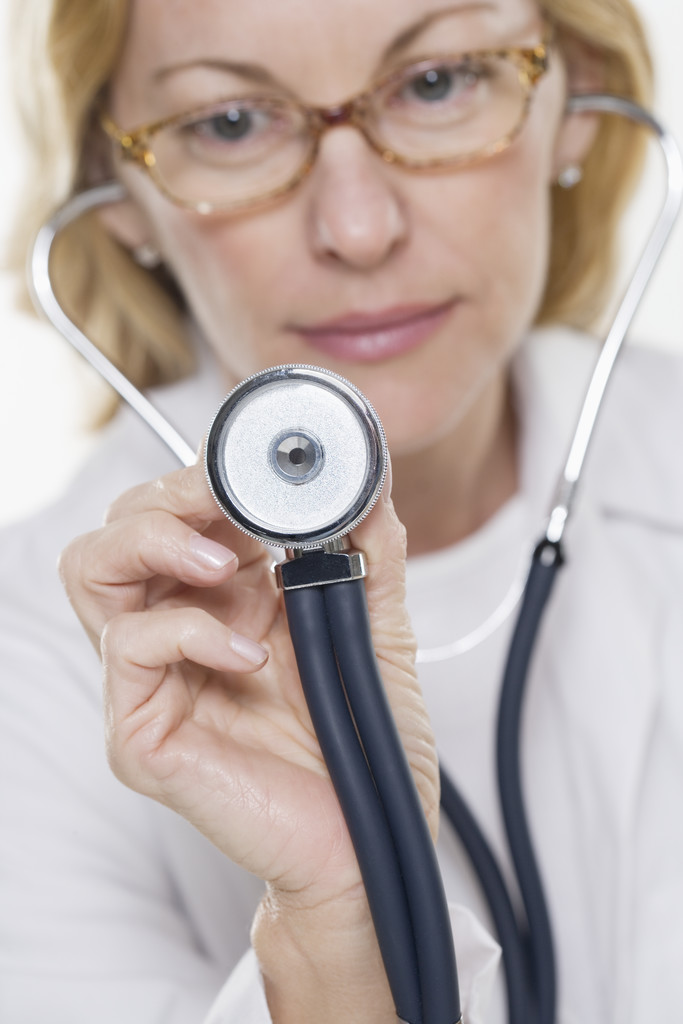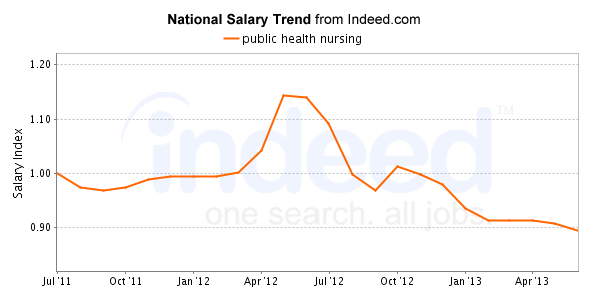Public health nurses provide and coordinate advanced patient care and provide detailed education…

Public health nurses provide and coordinate advanced patient care and provide detailed education to the public about many illnesses and health conditions. They also provide preventive care to the needy and vulnerable in the community, and emotional support to family members and patients.
Some registered public health nurses oversee licensed practical nurses (LPNs), nursing aides and home health care aides. Many nurses in public health promote healthy communities by educating at risk communities on the warning signs and symptoms of disease and how to prevent them. Public health nurses also can do health screenings, blood drives and other health-related events in the community.
Some nurses go on to become advanced practice nurses, which includes the following:
–Nurse practitioners
–Nurse midwives
–Nurse anesthetists
–Clinical nurse specialists
These advanced nurse specialties all require at least a MSN, or master’s degree of nursing.
Public Health Nurse Degree
Registered nurses typically take one of three paths in their education. They may earn a bachelor’s of science in nursing; earn an associate’s degree in nursing; or earn a diploma in nursing. For those who want to advance to the upper level in nursing, eventually earning a master’s degree in nursing (MSN) or a master’s degree in public health (MPH) is strongly advised.
In nursing, most students will take classes in nursing, physiology, anatomy, chemistry, nutrition and microbiology. Public health nurses also may take several classes in public health, such as epidemiology and biostatistics, as well as environmental health.
YouTube Special Feature
A County Public Health Nurse is more than just your average nurse. Being a public health nurse is a calling. We care for entire communities … one patient at a time. Meet two public health nurses as they work to improve the lives of patients, young and old.
Public Health Nurse Job Description
Some of the most important duties of public health nurses include:
-
Record the medical histories and symptoms of patients
-
Give medicines and treatments to patients
-
Establish plans of care for patients
-
Observe the patients and record any observations
-
Operate various types of medical equipment
-
Perform various diagnostic tests and perform analysis of results
-
Teach patients and communities how to deal with and prevent illnesses
Public Health Nurse Skills and Qualifications
-
Critical thinking skills
-
Compassion
-
Emotional stability
-
Organizational skills
-
Patience
-
Speaking skills
Public Health Nurse Certifications
All states require that registered nurses have a nursing license, and they must pass the National Council Licensure Examination, or NCLEX-RN.
Public Health Nurse Salary

The annual median pay for nurses is $64,000. The top 10% earn more than $95,000 per year. Nurses of various types, including public health nurses, work in the following facilities with these salaries:
-
Medical and surgical hospitals: $66,000
-
Doctors’ offices: $63,000
-
Home health care: $60,600
-
Nursing care facilities: $58,000
Indeed.com states that the median nurse’s salary is $68,000.
YouTube Special Feature
How Do We Strengthen the Nation’s Public Health Nurse Workforce? Paul Kuehnert, RN, MS, CPNP, Public Health team director and senior program officer at the Robert Wood Johnson Foundation, and a public health nurse, discusses the findings of a new report which shows that while public health nurses have high job satisfaction, many health departments are struggling to fill vacancies.
Public Health Nurse Employment Outlook
The employment of nurses is expected to grow by 26% by 2020, according to the Bureau of Labor Statistics. This is much faster than average. Growth is thought to be occurring because of the growth of the health care system and the older population. Also, there is better technology and more health problems may be treated effectively, requiring more nurses.
Also, there is more emphasis on preventive care, and promoting better public health helps more diseases to be prevented from occurring in the first place.
Associations
-
American Nurses Association: The only full service professional association that serves the interests of the three million nurses in the US.
-
American Association of Colleges of Nursing: The national voice for bachelor’s and master’s degree nursing education.
-
National Gerontological Nursing Association: Dedicated to the clinical care of senior citizens across many diverse care settings.
-
American Association of Nurse Anesthetists: The leading professional organization for 45,000 nurse anesthetists.
Additional Resources
-
Nursing Bureau of Health Professions: A site managed by the Department of Health and Human Services for nurses.
-
Medscape for Nurses: A collection of nursing topics, definitions and clinical information
-
Allnurses.com: A large collection of nursing stories, articles, education resources and college programs.
-
The Nursing Resource Center: A collection of nursing information run by Queensborough Community College in New York.
YouTube Video Resources







